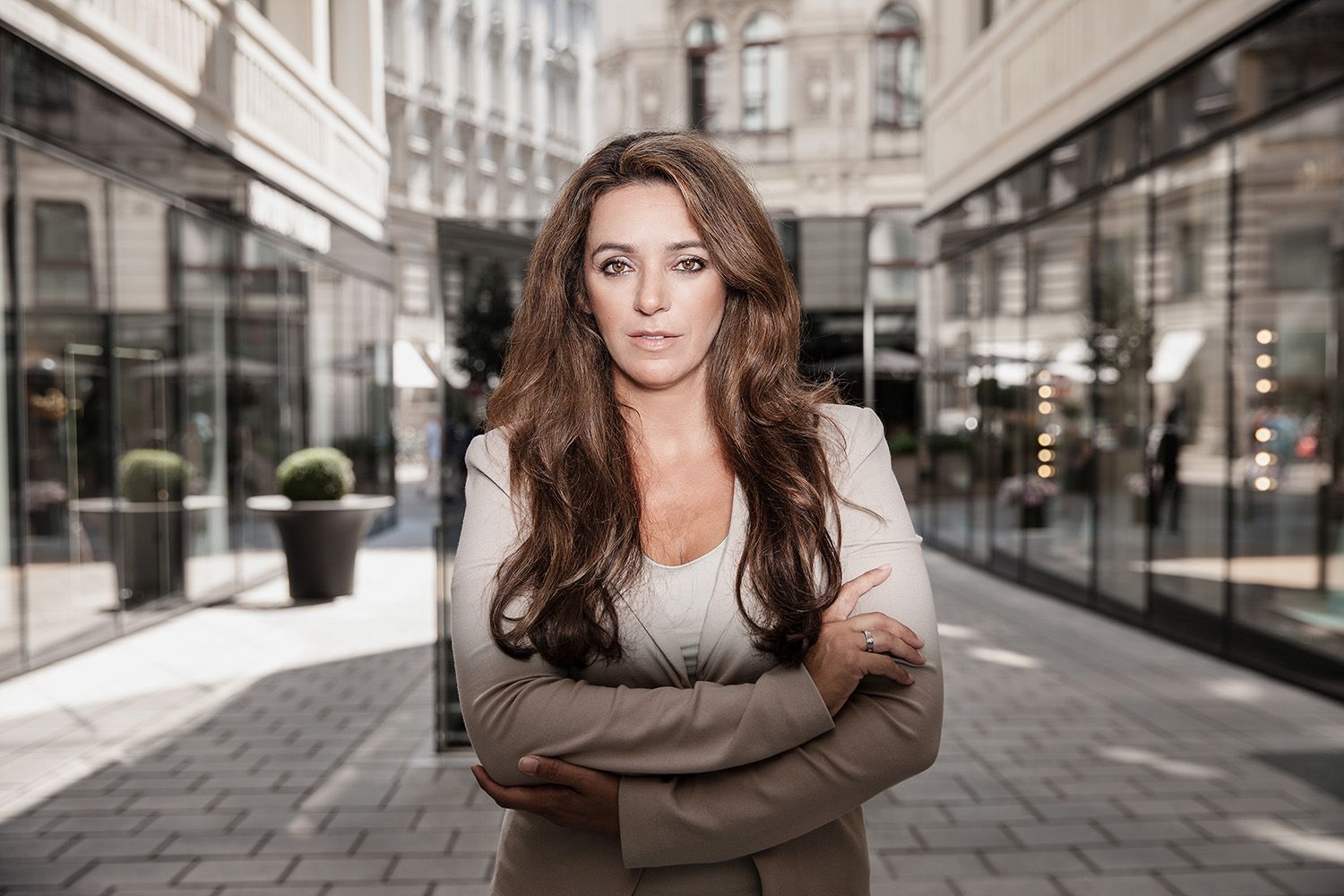A report by Raphael Arnold at JUVE on current developments in whistleblower protection and a procedure initiated by Petsche Pollak before the European Court of Justice.
Whistleblowers on a collision course: Stemming from a criminal proceeding within the major case of a construction cartel, in January the Higher Regional Court of Vienna submitted a preliminary ruling to the European Court of Justice (ECJ). The Luxembourg judges are to clarify the extent to which a company’s whistleblower statement in a cartel case is protected from prosecutorial access.
For observers, this matter is of significance, as the decision could potentially undermine the effectiveness of the whistleblower instrument in cartel proceedings (Case No. C-2/23). The protection of statements and documents from companies constitutes a key component enabling further cartel investigations. It’s also a significant reason why companies act as whistleblowers. Ultimately, this status can prevent internal data from cartel investigations from being accessed by other accused parties and potential victims – potentially even competitors.
Significantly Negative Consequences
The case reveals the pitfalls that exist between the provisions of EU competition law concerning whistleblower protection and national criminal legal regulations. Austrian legal framework does not currently foresee a permanent and general limitation on access to documents in a criminal proceeding – regardless of whether they pertain to individuals or companies; even private litigants pursuing civil claims are granted access.
As a result, the Higher Regional Court’s panel concludes that this situation would have “significantly negative consequences, both in criminal and civil terms, for competition-related whistleblowers.” It would breach the protection of whistleblower statements and settlement submissions before disclosure.
The protection of whistleblowers in antitrust cases is a perennial issue across the EU for observers, although the specifics vary from country to country. For instance, Germany has yet to go beyond draft stages in implementing corporate criminal liability laws. The rules governing how civil claimants can access documents in a criminal proceeding also differ notably from Austrian law.
The request to the Luxembourg tribunal stems from complaints filed by Strabag and a subsidiary, both of which are whistleblowers in the case of the construction cartel (Case No. 27 Kt 12/21y). The Central Public Prosecutor’s Office for the Prosecution of Economic Crimes and Corruption (WKStA) initiated a parallel investigation against them (Case No. 29 St 33/16f), as the accusations concerned collusive practices in procurement procedures.”
Utilizing Mutual Legal Assistance
During these investigations, in the summer of 2021, the WKStA (Central Public Prosecutor’s Office for the Prosecution of Economic Crimes and Corruption) requested documents from the competition court proceedings through mutual legal assistance. The competition court transmitted these documents between August 2021 and January 2022, and the Federal Competition Authority (BWB) also provided documents upon request in the autumn of 2021. Building on this, the WKStA advanced its investigations and instructed the police to take further steps.
Against this course of action, the two companies defended themselves. They requested the WKStA not to include the whistleblower statements and the details of the settlements with the BWB in the case files, not to use them, and to exempt them from disclosure. This led to a complaint procedure before the Vienna Regional Court for Criminal Matters and the ongoing appellate procedure before the Higher Regional Court of Vienna (Case No. 17 Bs 105/22 y).
The cartel and criminal proceedings in the Austrian construction cartel case are quite extensive. The investigations have uncovered, for the period between 2004 and 2017 alone, around 350 questionable procurement procedures. The accumulated value of these contracts ranges from 50 to 100 million euros. The criminal proceeding alone involves over 850 suspects and a multitude of victims and aggrieved parties.
No Fine Imposed on Kostmann
In mid-February, the BWB (Federal Competition Authority) also published its decision regarding the first whistleblower in the construction cartel, the Carinthian construction company Kostmann. The authority made a request to the competition court to determine violations of competition law in bidding processes but did not propose a fine. The company had submitted a whistleblower application in the spring of 2017 and was the first to provide information and evidence. According to the BWB’s own statements, this allowed them to significantly expand their investigations. For the competitor Pittel + Brausewetter from Vienna, the BWB applied to the competition court for a fine of over 4.8 million euros.
Representation Information
Representatives for Strabag, F. Lang, and K. Menhofer Baugesellschaft:
- Petsche-Demmel Pollak (Vienna): Simone Petsche-Demmel (Lead Counsel), Christoph Trafoier, Vincent Vertneg; Associate: Paul Schneider (Legal Associate; all specializing in Economic Criminal Law)
- Baker McKenzie (Vienna): Andreas Traugott (Antitrust Law), Dr. Alexander Petsche (Conflict Resolution)
- In-House Legal (Vienna): Dr. Michael Lück (General Counsel), Sonja Müllner (Head of Legal) – known in the market
Representatives for the Economic and Corruption Prosecutor’s Office, Graz:
- Dr. Andreas Bernat (Senior Public Prosecutor)
Vienna Higher Regional Court:
17th Senate: Alexandra Mathes (Presiding Judge), Lucie Heindl, Susanne Lehr (Judges)
Background: Petsche-Demmel’s team has represented Strabag for several years in the criminal proceedings related to bid-rigging in civil and road construction. The mandate also includes Strabag subsidiary Lang and Menhofer.
- For the antitrust aspect, the Vienna team led by Andreas Traugott and Dr. Alexander Petsche from Baker McKenzie is responsible. In connection with the BWB’s fine request to the competition court in the summer of 2021, solo antitrust specialist Dr. Peter Thyri also advised the company. The preceding internal investigation into the cartel allegations against Strabag was carried out by a Munich-based team from Latham & Watkins led by Partner Prof. Dr. Thomas Grützner.
- Vienna-based construction company Pittel + Brausewetter reportedly engaged a team from Cerha Hempel for the cartel investigation. Dr. Bernhard Kofler-Senoner, the head of the practice group, led the effort.
Kostmann with bpv Hügel:
- Carinthian construction company Kostmann has been working with the antitrust team at bpv Hügel, led by Dr. Astrid Ablasser-Neuhuber, since early summer 2017. Dr. Franz Stenitzer, who worked as a lawyer at bpv from spring 2016 to the end of 2018 and is now a solo practitioner, is also involved; during his time at bpv, he was Counsel in the team of esteemed antitrust lawyer and former Freshfields partner Dr. Axel Reidlinger. For the criminal proceedings, Kostmann engaged Vienna lawyer Dr. Christoph Neuhuber.

